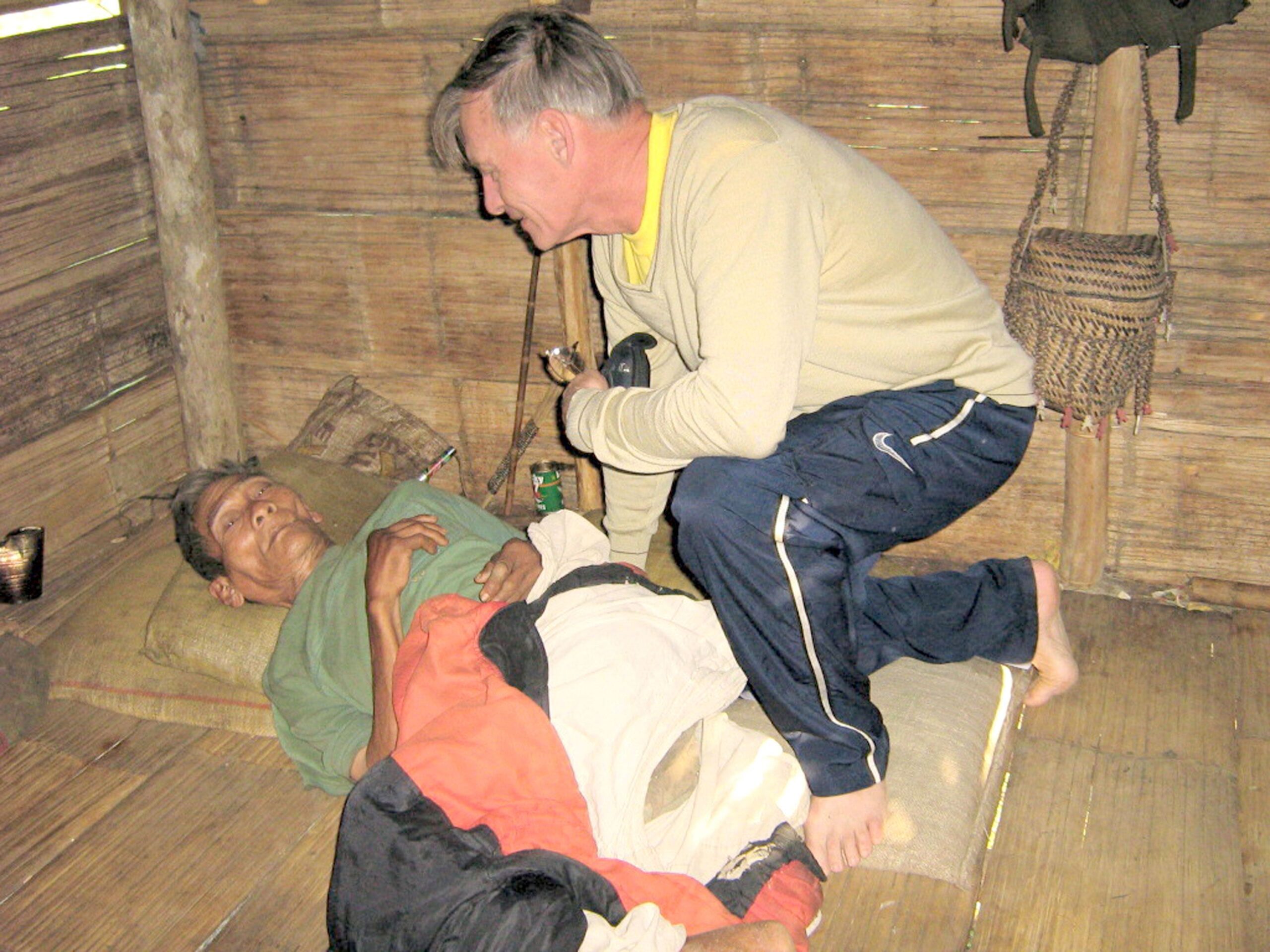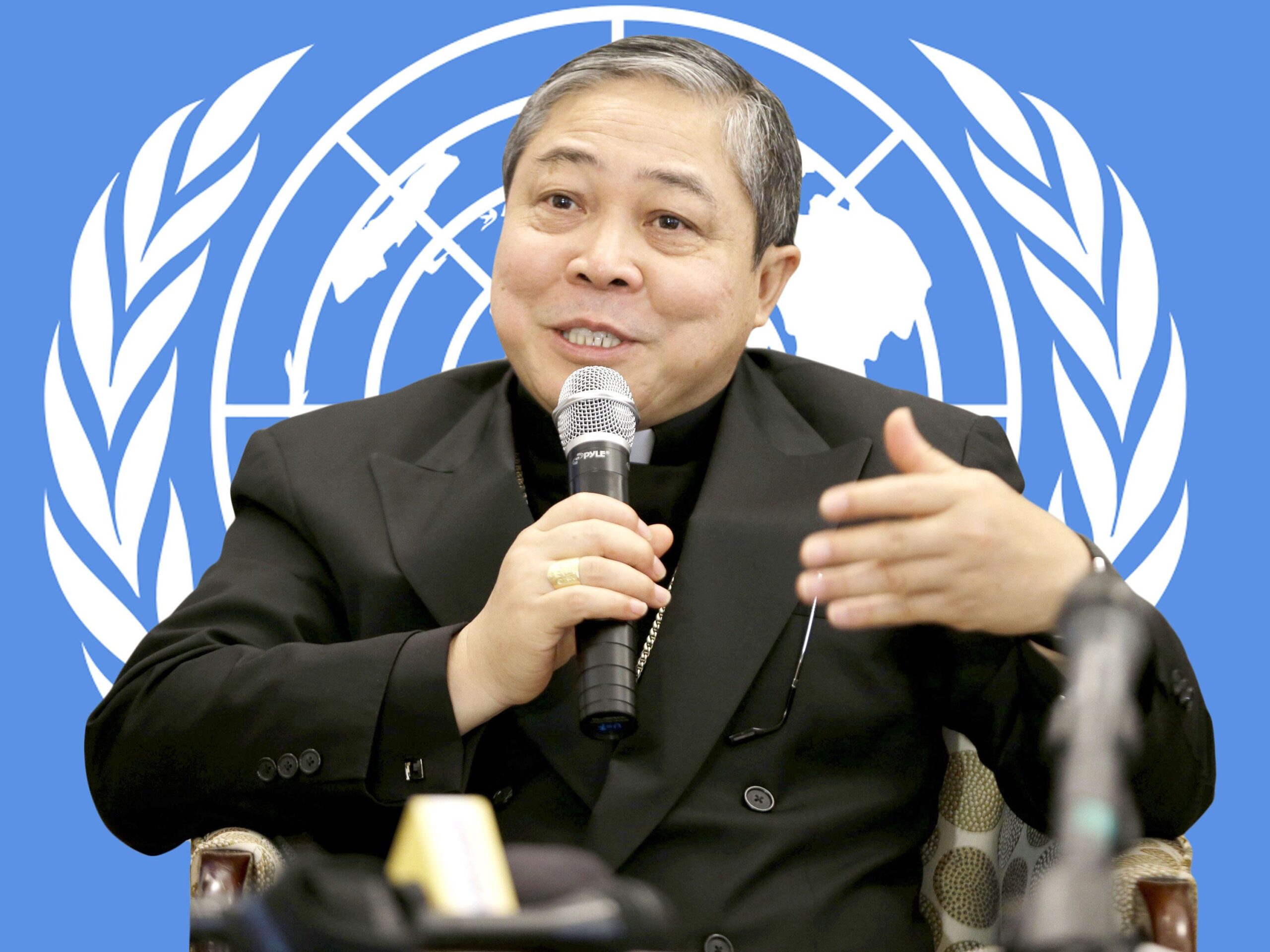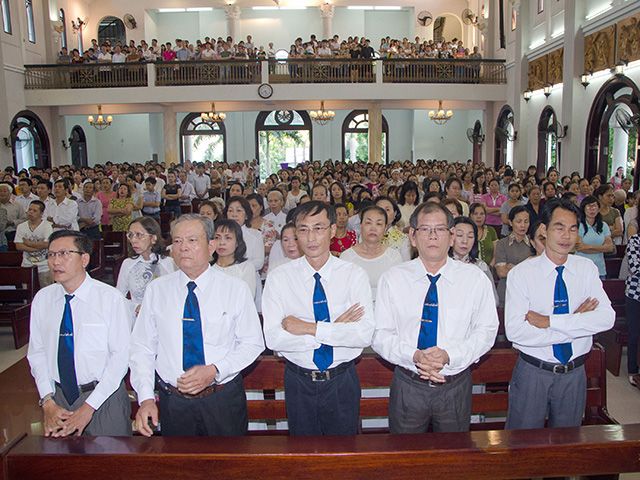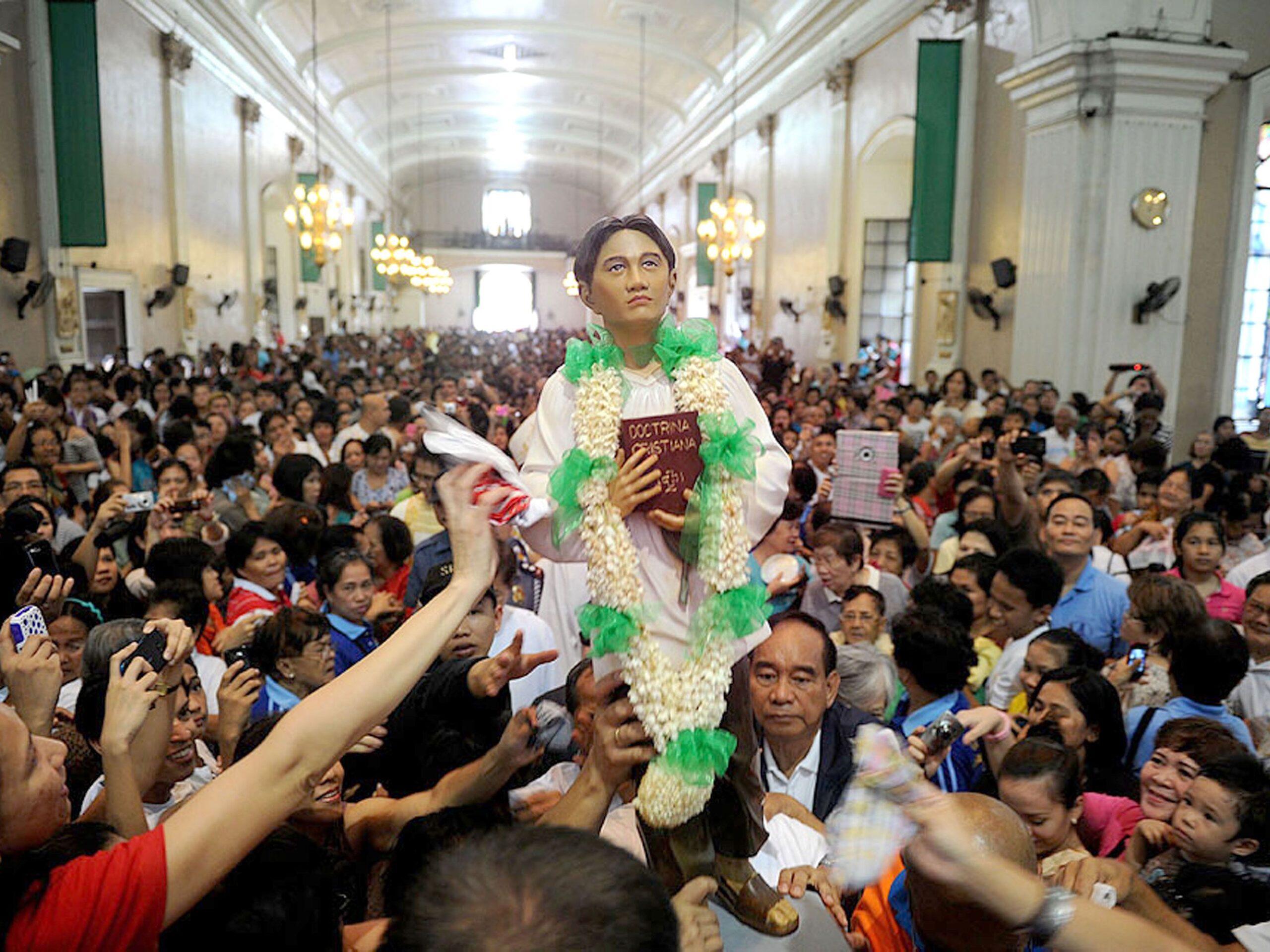

Digging deeper
The Social Doctrine of the Church is constantly challenged to adapt to the social needs of people of each time and place, applying, in a dynamic and creative way, the principles of the Gospel to the human experience.
Browse past isues
Help the mission
Support the mission
Get in touch


The Social Doctrine of the Church is constantly challenged to adapt to the social needs of people of each time and place, applying, in a dynamic and creative way, the principles of the Gospel to the human experience.


The 19th-century Industrial Revolution caused the social question which is the exploitation of the urban masses. Karl Marx and the Communist movement were the first to acknowledge the impact of the social question. The Church was awakened to that harsh reality and responded with an original interpretation of the Gospel message, applied to the marketplace. The Church’s Social Doctrine grew slowly and developed from the experience of the people in the field and the teaching of the popes. When the Christian Democrat political parties took the power in Western Europe after World War II, they implemented the Christian vision, giving origin to the welfare state. Never in history have the state and the private bodies cooperated with such a success to produce an affluent and egalitarian society. Fifty years later, globalization has completely changed the scenario and has jeopardized the conquests of the Social Doctrine of the Church. The future is again confused, threatening and challenging.


The Social Doctrine of the Church doesn’t mean giving technical solutions that rightly belong to the legitimate autonomy of the economic, social and political sciences. It is an application of the principles of the Gospel to social problems. It has something essential to say about the concept of the human being, family, work, solidarity, destination of goods, development and peace.


With globalization, the image of the world has changed. Information technology has brought people closer and started dynamics which have made the world of economy run wild. Globalization is an economic tsunami that is sweeping the planet. It can’t be stopped but, certainly, there must be many steps people can take to slow it down and make it more equitable to wealth distribution, living salaries, social security. Unfortunately, those steps are not yet clear. There seems to be no authority capable of harnessing globalization and putting it at the service of people, and not only capital profit.


“You are the light of the world.” Don’t take my word for it, that’s Gospel truth from Jesus Himself (Mt 5:14). And it’s a tall order, indeed.


The Holy See’s oversight may be limited to the 1.2-billion Catholic population and its territory constrained by the Vatican City’s 44-hectare land size. But the Holy See’s concerns involve the global population and its influence goes beyond the Vatican City’s borders.


Four hundred years after the introduction of Christianity, the Church in Vietnam continues to thrive. Despite the cultural, social, and political challenges, as well as the trials and persecutions, the Church continues to take steps, albeit small, to flourish and make the Gospel known.


Pedro Calungsod (1654-1672) was a young Filipino Christian and catechist who died a martyr in Guam in the course of his mission, together with the Jesuit priest he had followed, Fr. Diego Luis de San Vitores. Baptism had given him a new identity. He offered Jesus his life and, with it, his spontaneous loyalty and his ardent youth. The strength of his Visayan tradition found its purpose in his blood witness to Christ who had enhanced his humanity and given him a new freedom. In his footsteps, we remember the Blessed African catechists and martyrs Daudi Okelo and Jildo Irwa, also teenagers. On the eve of the fifth century since the arrival of Christianity in the Philippines, Pedro Calungsod, together with Saint Lorenzo Ruiz, embody the Christian faith that found itself at home in the Philippines.


On July 3, we celebrate the Feast of St. Thomas, famous for his proverbial incredulity, which in some way, makes him likeable, close to us, a “real” character” (Jn 20:19-29).
